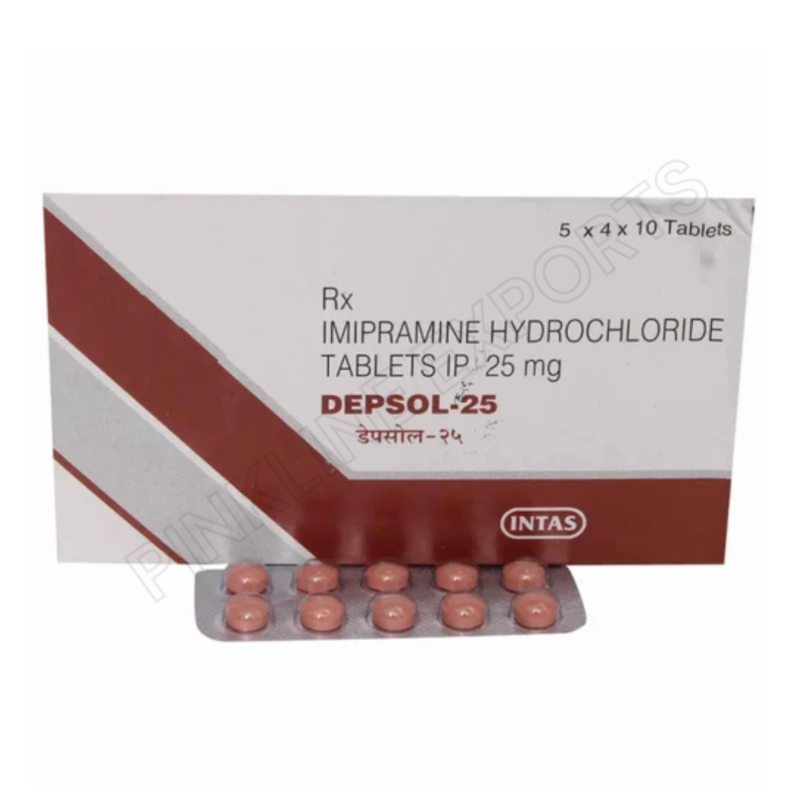Bupropion HCL ER Tablets 150 Mg
$48.00 – $126.00
For bulk orders, we encourage you to contact us directly through WhatsApp, Telegram, or email. Whether you’re looking to customize your order, inquire about pricing, or discuss logistics, our dedicated team is ready to assist you every step of the way. Get in touch with us today to streamline your bulk purchasing experience and ensure your requirements are met with efficiency and reliability.
Description
Bupropion 150 mg – Wellbutrin
Bupropion 150 mg, sold under the brand name Wellbutrin, is an antidepressant used to treat major depressive disorder and to help people quit smoking. It works by affecting neurotransmitters in the brain, such as dopamine and norepinephrine, to improve mood and reduce cravings.
Salt Composition:
- Bupropion Hydrochloride
American Brand Names:
- Wellbutrin
- Zyban (for smoking cessation)
Indian Brand Names:
- Bupropion Hydrochloride Tablets
- Wellbutrin
Related Keywords:
Bupropion 150 mg, Wellbutrin, antidepressant medication, smoking cessation aid, depression treatment, mood enhancement, dopamine reuptake inhibitor, norepinephrine reuptake inhibitor.

.svg)













Reviews
There are no reviews yet.